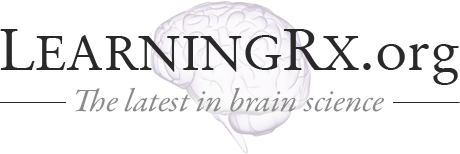Hormone to treat autism shows no benefit
A multicenter study published in the October 13, 2021 issue of the New England Journal of Medicine has found that oxytocin is ineffective at boosting social skills among children with autism. The long-awaited findings provide clarity to smaller, less...
read more3D facial scans give genetic clues to autism
Researchers at Edith Cowan University used high-tech 3D facial scans to get a better understanding of the genetic causes of autism. The machine learning techniques analyze 5,000 points on faces to measure facial asymmetry in parents of children on...
read moreEpidural use at birth not linked to autism risk
Refuting a previous study, a new study from Stanford Medicine found that epidural anesthesia, used frequently for pain relief during birth, does not increase the risk of autism in the offspring....
read moreIneffective ‘learning styles’ theory persists in education...
Swansea University research published a new review about the widespread belief that students should be taught according to their “learning style.” The team found that not only is the method ineffective, but it may also be harmful to learners....
read morePrenatal BPA exposure linked to male bias on autism spectrum disorder...
Science has shown that autism has a higher prevalence in males. But new research indicates that higher prenatal exposure to BPA—a common chemical found in plastics and our food—may increase the risk of autism. New research published in Scientific...
read moreMothers of children with autism have different metabolite levels...
New research published in BMC Pediatrics indicates that mothers of children with autism spectrum disorder had several significantly different metabolite levels compared to mothers of typically developing children two to five years after they gave birth....
read more

